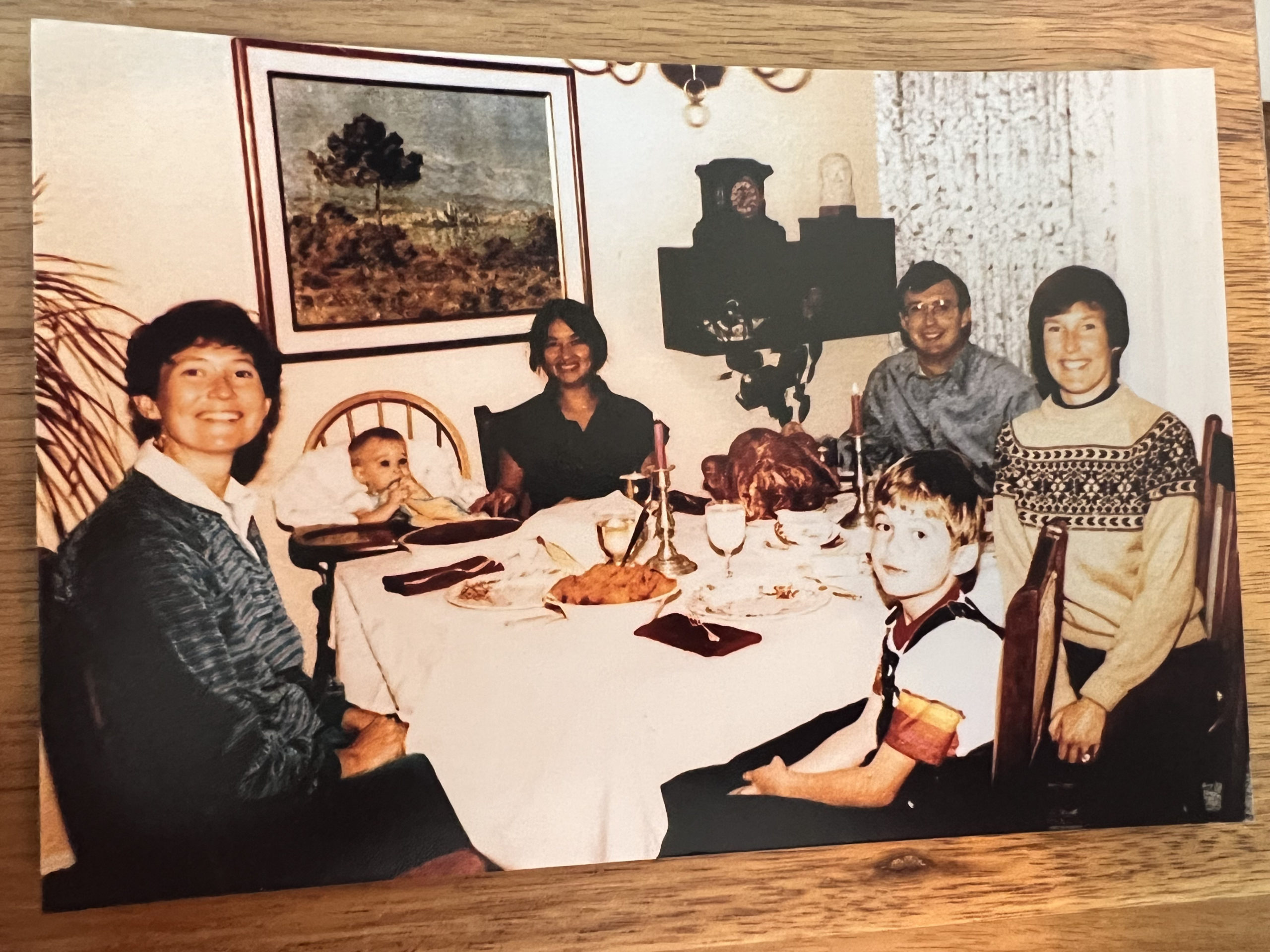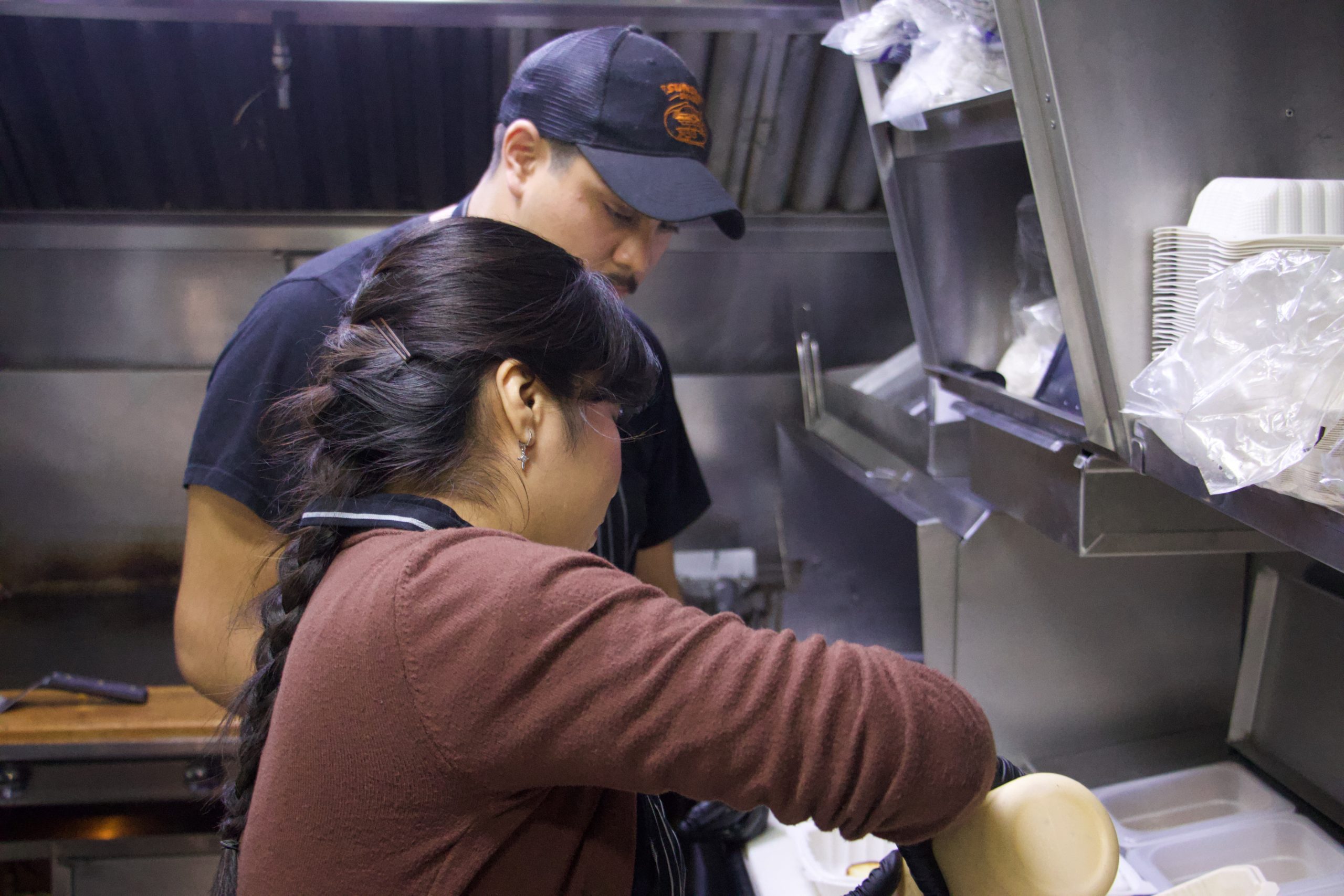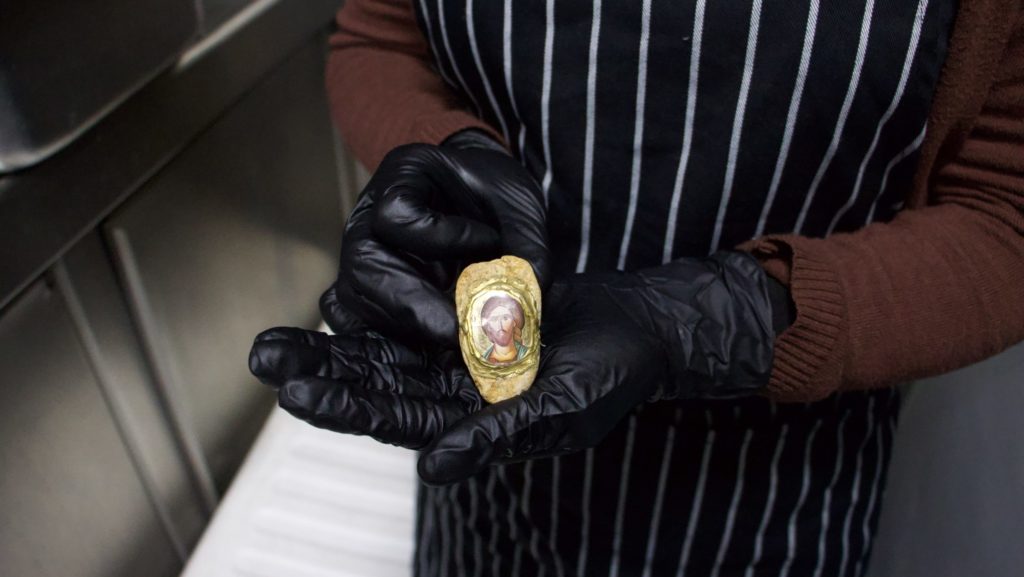Maria-Consuelo didn’t lose her home in the wildfires that burned parts of Los Angeles County in early January, but her employers did.
For Maria-Consuelo, 74, that meant going from working 35 hours a week as a housekeeper to practically nothing.
The two other properties she worked at were also gone: a dance studio and an elderly man’s house where she spent every Monday to accompany him. She used her income to send money to her family in Guatemala, paying rent for her room, and covering her day-to-day necessities.
“For me, it’s so painful, only two or three houses survived in our neighborhood,” she said. “That was all my area of work.”
Among the vast numbers of LA-area Latino workers in domestic jobs that often include housework, landscaping, and caregiving, everyone has heard a story like Maria-Consuelo’s. According to a recent UCLA study, at least 35,000 jobs held by Latinos could be lost due to the wildfires. This is particularly true in Pacific Palisades, where Latinos make up only 7% of the residents, but hold 34% of the jobs.
But for all the tales of Catholic Latinos like Maria-Consuelo suffering after the fires, there are just as many of faith.
Maria-Consuelo came to the U.S. from Guatemala more than 40 years ago. She soon began working for a family in Pacific Palisades, developing a deep connection with them.

“We lost the house,” the homeowner’s son called to tell her over the phone a few days after the Palisades Fire. They cried together, she recalled.
The first thing she could think to do was pray.
She felt God’s blessing shortly afterward when a priest from her parish, St. Agatha Church, called and asked her to come to the church.
The priest “pulled out a piece of paper and a pen, and said, ‘I must help you. Please give me your information,’ ” she said. “Shortly after, he handed me a check.”
The check was for $1,000.
“Why does God bless me like this? I feel so blessed,” she said in an interview, crying.
Despite her losses, the check from the parish — and help from her former employer — remind Maria-Consuelo that hope hasn’t vanished.
“The service of God never ends, and neither will I, as my brother would say,” she said. “In the cemetery, there is rest, but in the service of God, there is none. Therefore, we must continue to work [on earth].”
For 37 years, Norma worked as a housekeeper, including the past four years with a family in Pacific Palisades. She remembered watching from the house window as the fire got closer, and the homeowners began worrying for Norma’s safety.
“By two in the afternoon, the owner came to the house and asked me if I wanted to leave because the fire was getting worse,” she said. Without hesitation, Norma grabbed her belongings and drove off. It took her three hours to exit Pacific Coast Highway amid the rush of residents escaping the black smoke.
A few days later, the home’s owner reported that the house had miraculously “survived” the fire, despite some damage to the back of the building. It will be uninhabitable for at least a year, she was told.
“What do I do next?” said Norma, a parishioner at St. Clement Church in Santa Monica. “I’m even more heartbroken for my Latino colleagues who lost their jobs and are the breadwinners for their families. But I have faith in God. I know something good will come out of this.”
As she looks for work, Norma has also begun gathering at her house with friends also affected by the fires and others in need of work.
“I can’t just sit and wait for a job,” Norma said. After two-and-a-half weeks without work, she returned to her second job in Malibu, commuting two days a week.
As she faces an uncertain future, Norma said she finds consolation in the timing of the disaster.
“We’re in the Jubilee Year of Hope. If God has allowed it to be the year of hope, it’s because he has something stored for each one of us. It’s hope.”
A few days before the fire outbreak, Larisa’s manager at the car wash she worked at in Pacific Palisades had found a rock with the image of Jesus. The manager told her to keep the rock, and she did — holding on to it as a symbol of good luck and a “sign” from God.

When the fires began, “I only thought about my job, and I have a lot of work to do,” she said. When she received a call from her manager telling her to evacuate, she drove off watching ambulances rushing by. She grew concerned for the people living in the area but prayed that everything would be OK.
When Larisa arrived home, she watched images of the fires approaching her workplace in disbelief.
“When I heard people saying places were burned … I hoped the car wash wouldn’t,” she said. “That my job would be saved. No matter how much I saw the images, I had faith in God that my workplace was saved from the fires.”
The stress and worry consumed her for two days until she learned her workplace was “untouched” by the fires.
At that moment, “in my mind, the image of the rock with the ‘Christ the Teacher’ imprint came to mind,” Larisa said. “Thank you. I understand clearly now.
“Whenever something happens to me, I simply ask God to give me an answer.”
Larisa was convinced that God had performed a miracle to save her job.
“It was my faith in him,” said Larisa, a parishioner at St. Thomas the Apostle Church in Los Angeles. Still, it may be a long time before she and so many other workers can return to work in the Pacific Palisades area.
Larisa strengthened her prayer life, hoping to find a job. She had taken some time to care for her sick aunt, but was determined to keep searching for work.
“My faith and trust in God remain the same,” she said. “I’m not sure when, maybe in two or three months, but I know I will return to work at the car wash.”
The National Domestic Workers Alliance has created a fund to help these types of workers affected by the fires. Donate at act.domesticworkers.org/a/la-wildfires.

